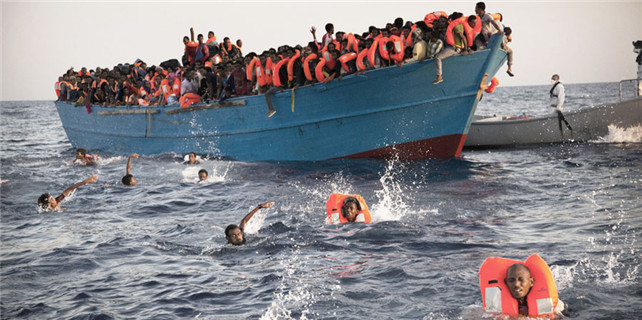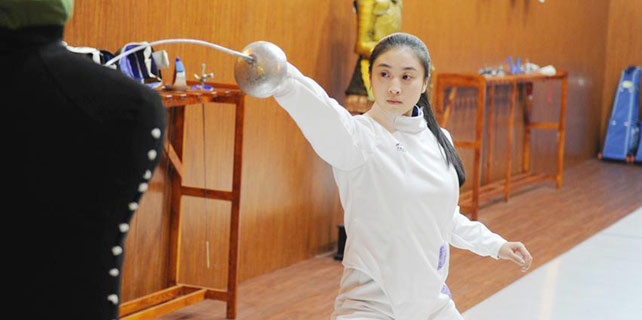Europe's shaken belief in stability
But, if the narrow defeat of far-right presidential candidate Norbert Hofer in Austria is followed by election victories for Angela Merkel in Germany and a center-left or center-right leader in France next year, the picture might look very different.
Whatever the outcome of another year of political uncertainty after the shocks of 2016, Europe's leaders, whoever they turn out to be, will have to face the challenge of changing geopolitics. European strategists believe the relationship with China will be crucial, particularly in view of the antagonistic tone Trump has adopted toward Beijing even before entering the White House.
Sebastien Goulard, a French consultant on China-Europe relations, wrote this week that candidates in France's election next April must pay more attention to links with China. He said the favorite, the center-right's Francois Fillon, had mostly portrayed China as a threat.
"Although he is regarded as a supporter of economic liberalism, Fillon wants Europe to pursue anti-dumping policies toward China," Goulard wrote in the Asia-Pacific magazine The Diplomat. "Furthermore ... he fails to see China's investments in the innovation sector as an opportunity for France and Europe."
Alexander Stubb, a former Finnish prime minister, meanwhile noted this week that Europe was coming to terms with the fact that China is buying European businesses in all shapes and forms. "Europe should not complain," he wrote in the Financial Times.
"Europe should not burn bridges by taking knee-jerk protectionist measures," he wrote. "Few predicted that the Chinese would emerge as advocates of free trade while the United States turned inward."
These are sentiments that would be widely shared in China. Whether they prevail will depend on the choices made by Europe's increasingly divided electorates.
The writer is a senior editorial consultant for China Daily UK.
- Anti-Semitism returns to haunt Europe
- Europe in the grip of protectionist mood
- Italy's Renzi formally steps down, transition cabinet expected
- Fight starts against Brexit ruling
- EU lawmaker wants transparent Brexit negotiations
- UK hopes to look at EU citizens rights early in Brexit negotiations: PM May
- 'Have cake and eat it': Is this the Brexit plan?









